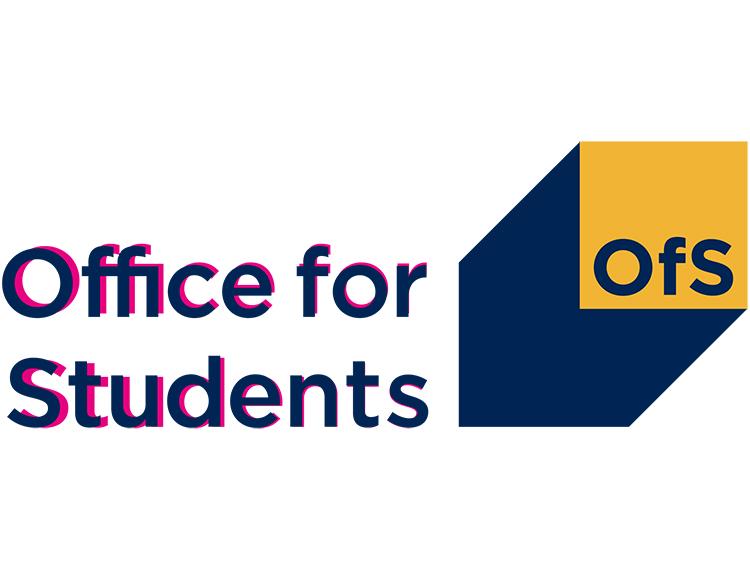Office for Students responds to HEPI study on the financial health of universities

The Higher Education Policy Institute (HEPI) has released the only dedicated study on what UK students think about the financial health of universities, Students back bailouts: Students’ views on the financial health of universities.
Rumours persist about institutions facing financial difficulties. But what awareness of this do students have and what do they think should happen to a university on the brink of closure?
The survey of over 1,000 full-time undergraduate students, undertaken for HEPI by the polling company YouthSight, shows:
- most students (83%) are confident their own institution is in a strong financial position;
- over three-quarters of students (77%) believe government should step in if their university were threatened with closure;
- more than half of students (51%) think fees should be refunded in the event of their university closing, while only one-third (32%) back merger with another institution;
- nearly all students (97%) want to know if their university is in financial difficulty – in contrast with current practice which hides financial problems from students;
- most students (84%) say they would have been less likely to have applied to their university if they had known it was in financial difficulty; and
- the overwhelming majority of students (89%) do not know what Student Protection Plans are, while even more have not seen their own university’s Plan (93%).
Office for Students response to HEPI policy note on the financial health of universities
This research provides a useful student perspective to the debate around the financial sustainability of the higher education sector in England. It is good to see a significant majority of students think their university is doing well financially. That is consistent with our current analysis; we do not have significant or widespread concerns about the financial viability or sustainability of the sector.
All universities and other higher education providers which register with the Office for Students must demonstrate to us that they are financially viable and sustainable. There are currently 317 universities and other higher education providers on our register. Were we to have particular concerns about the financial sustainability or viability of a provider, we would impose a condition to their registration or otherwise intervene as a way of seeking to prevent a disorderly financial failure and to protect the interests of students. None of the providers we have registered have been issued with such a condition. But if that assessment were to change, we would intervene precisely to protect the interests of students. We have extensive powers to achieve that outcome.
We have been clear that – as a regulator – we will not be providing bail-outs to providers who might find themselves in financial difficulties. Bail-outs would only provide a temporary and artificial life raft, would not be a good use of public money, and would not be in the long-term interests of students or the taxpayer.
But we have been equally clear that we will continue to monitor universities and other providers for early signs of financial difficulties and intervene where necessary. We want universities with financial concerns to approach us early so that we can work with them to consider options to improve their finances, such as mergers of institutions or courses.
All universities and other higher education providers must set out the steps they will take to protect students in the event of course, campus or institutional closure. It is clear from this survey that there is more to be done to ensure that students are able to easily access and understand student protection plans, which universities must publish.











Responses